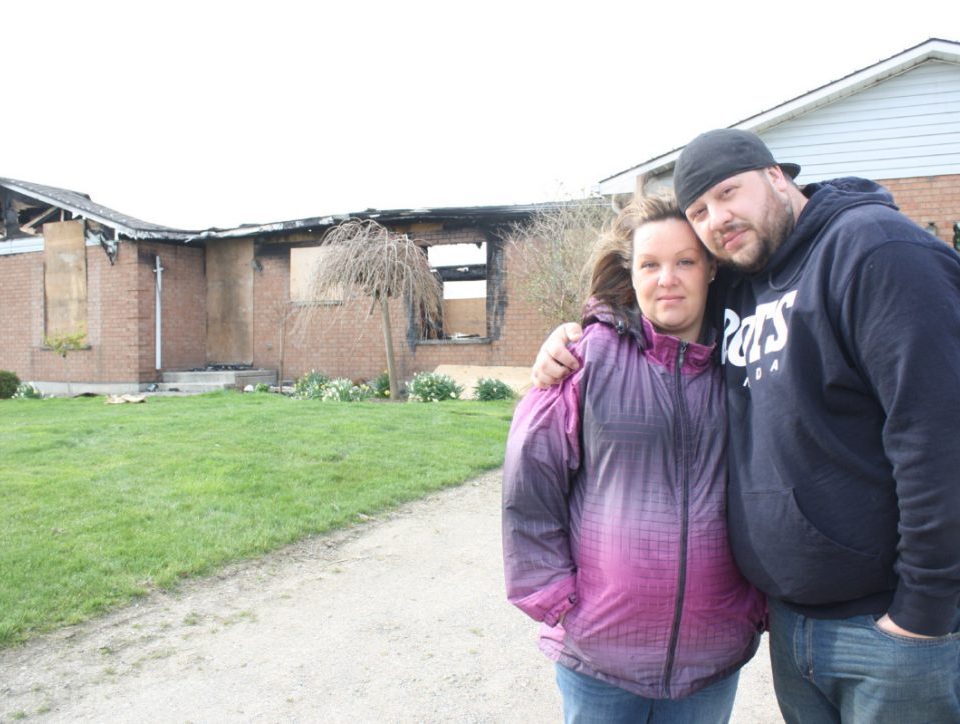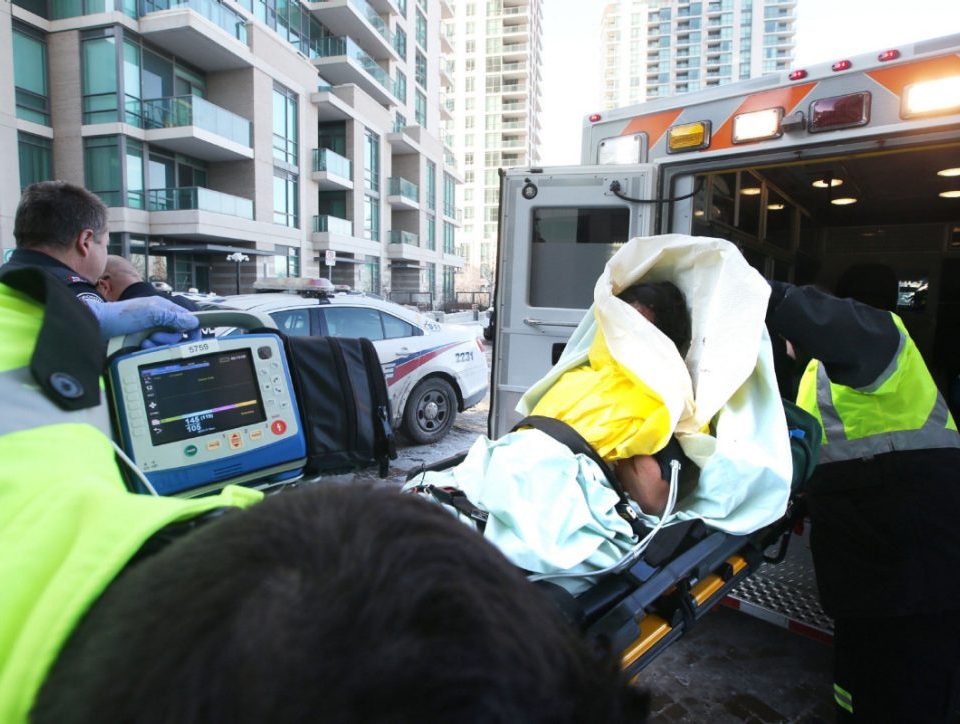Few Details Given as 4 Canadians Are Held in Terrorist Plot

Murder suspect was witness in another slaying
August 19, 2008
Khurram Sher makes court appearance
August 27, 2010The charges are sweeping. The Royal Canadian Mounted Police say that three Canadians, among them a physician, were plotting to blow up targets in Canada and funnel funds to Afghanistan to insurgents fighting against Canadian soldiers.
But even as the police arrested a fourth man on Friday in what they call Project Samosa, they resisted making public many details of what the men were accused of planning or doing. Canadian officials, including Prime Minister Stephen Harper, talked ominously, however, about the threats of terrorism the case represented.
After Khurram Syed Sher, a pathologist from London, Ontario, appeared to be formally charged in an Ottawa court, even his lawyer, Anser Farooq, said that he knew almost nothing about the specifics of the case.
Dr. Sher, whose remarkably unsuccessful tryout for “Canadian Idol”developed a following on YouTube after he was arrested Thursday, was charged with conspiracy to facilitate a terrorist offense. Misahuddin Ahmed, a 26-year-old X-ray technician, faces the same charge. In addition to the conspiracy charge, Hiva Alizadeh, 30, of Ottawa, was also charged with financing a terrorist plot and possessing explosives with intent to kill and injure. The Royal Canadian Mounted Police offered no information about the fourth person who was arrested. He was released later on Friday, theCanadian Broadcasting Corporation reported.
“This group posed a real and serious threat to the citizens of the national capital region and Canada’s national security,” Chief Superintendent Serge Therriault of the Royal Canadian Mounted Police said at a news conference.
The police have emphasized that the group, which they have had under surveillance since September 2009, was some months away from initiating any sort of action. The arrests were made this week, they said, to prevent one of the three men from traveling to deliver funds to insurgents in Afghanistan.
The police did reveal, however, that they seized about 50 circuit boards that could be used to remotely detonate bombs. Under criminal law, such circuitry is deemed to be an explosive.
If, as the police charge, these men were involved in a terrorist plot, they fit a different profile from that of the 18 men arrested in Toronto in 2006. That group was filled with young, disaffected men.
Both Dr. Sher, who was a pathologist, and Mr. Ahmed are married, have children and led middle-class lifestyles. Neither was known for espousing radical Islamist views. Less is known about Mr. Alizadeh who was born in Iran and recently moved to Ottawa from Winnipeg, Manitoba.
Only 11 of the 18 people arrested in 2008 were convicted. It also became apparent during trials that much of that group’s activity was pushed along by well-paid police informants.
Because of that, Alex Neve, the secretary general of Amnesty International in Canada, cautioned against drawing too many conclusions from the recent arrests.
“The main lesson here is that there can easily be a great deal of hysteria,” Mr. Neve said. “But there have been previous cases that have collapsed or proved not to be as advertised.
”



